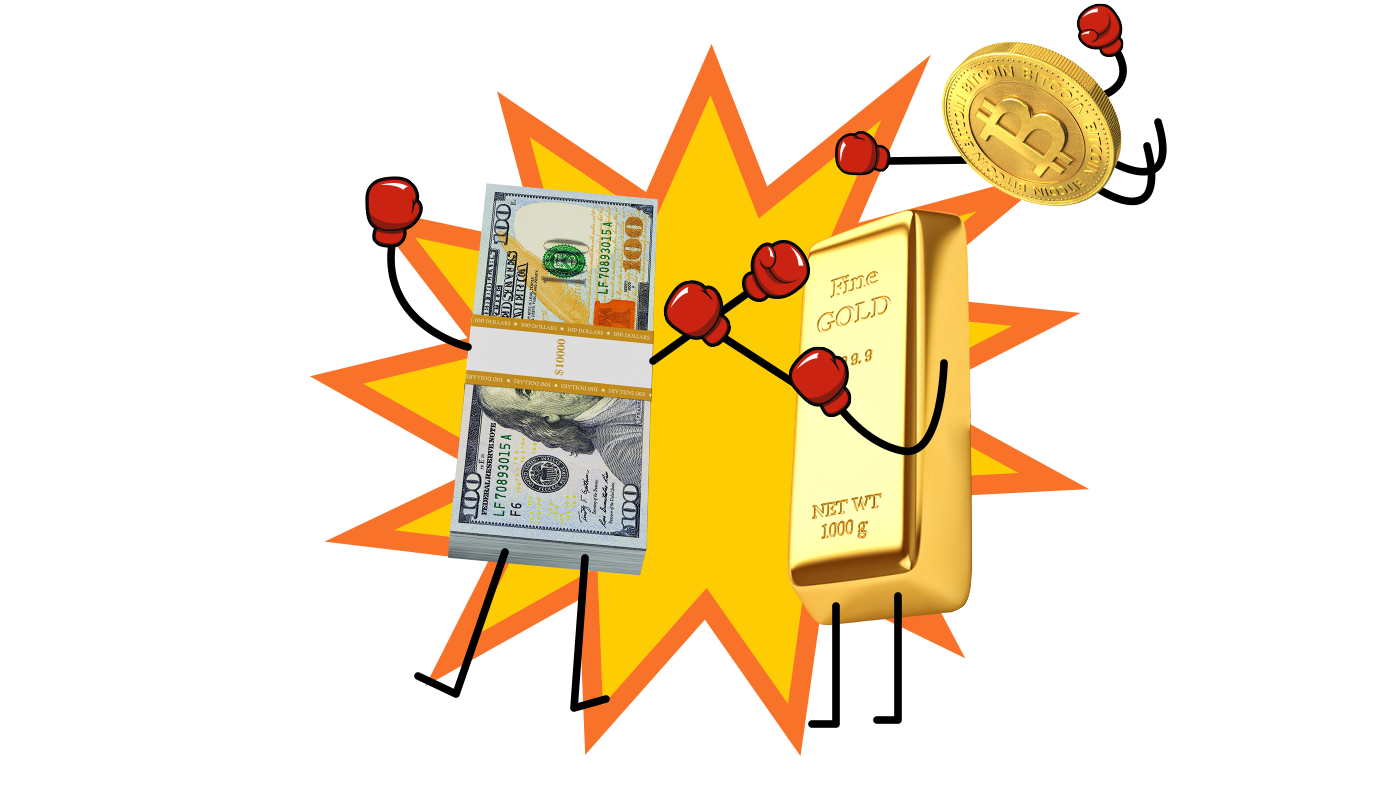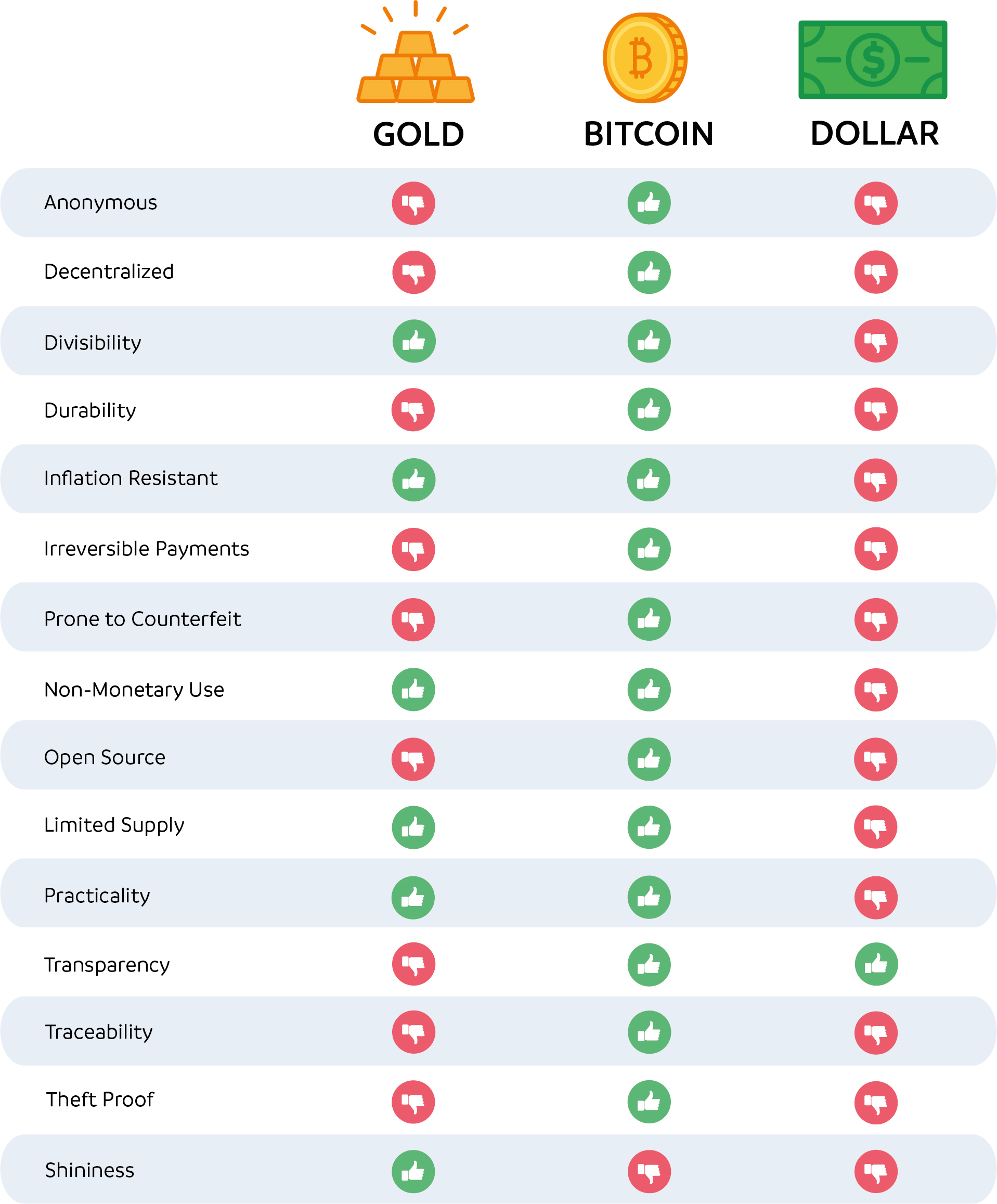
The United States Dollar
The USD is globally recognised as the most popular means for exchange. For as long as we can all remember, it has been used as an exchange of goods not just in America but all over the world. In fact, the US dollar is currently the only means to trade for oil.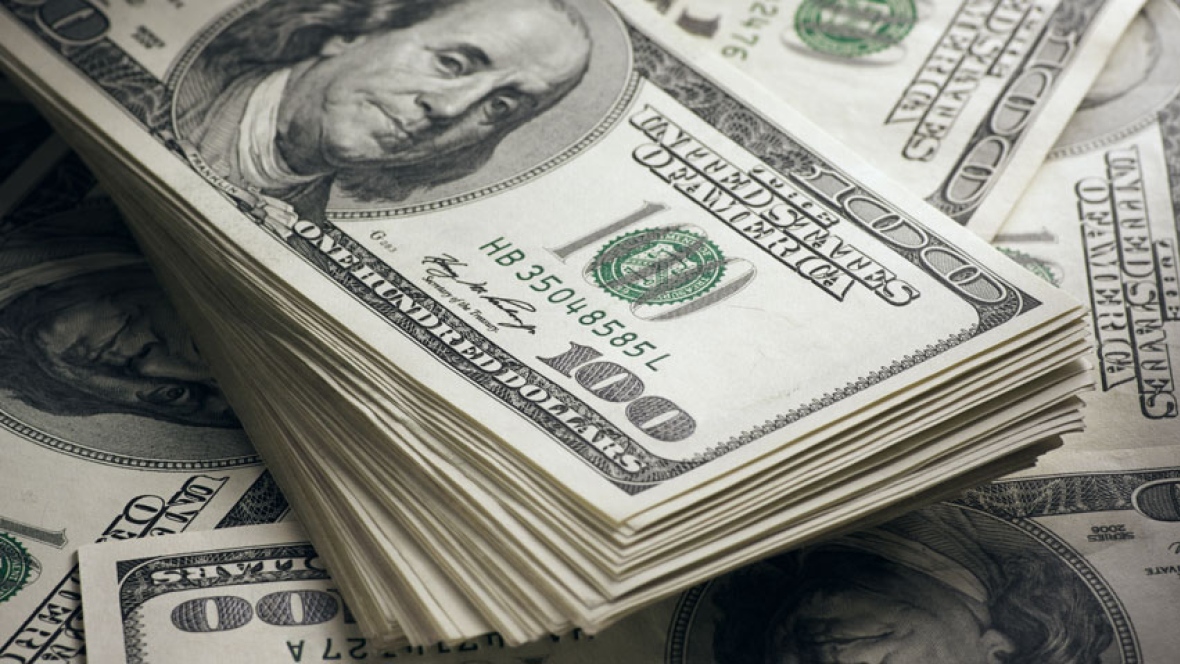 One important factor to understand about US dollar is 'fractional-reserve banking'. Wikipedia's definition of this is as follows:
One important factor to understand about US dollar is 'fractional-reserve banking'. Wikipedia's definition of this is as follows:
"Fractional-reserve banking is the practice whereby a bank accepts deposits, makes loans or investments, but is required to hold reserves equal to only a fraction of its deposit liabilities. Reserves are held as currency in the bank, or as balances in the bank's accounts at the central bank.
Fractional-reserve banking allows banks to act as financial intermediaries between borrowers and savers...
...Because banks hold reserves in amounts that are less than the amounts of their deposit liabilities, and because the deposit liabilities are considered money in their own right, fractional-reserve banking permits the money supply to grow beyond the amount of the underlying base money originally created by the central bank.In laymen terms, firstly, there is no cap on supply. Governments can decide to print as much money as they need. Secondly, only a small fraction of all bank deposits are backed by actual cash. The public is starting to question how such factors may affect their own economy and look at other ways to better leverage their assets and spend their money.
Gold
The shiny and tangible origins of gold can be traced back to 7000BC. It's been recognised as treasure globally, and is still today, one of the most trusted mediums of storing value. 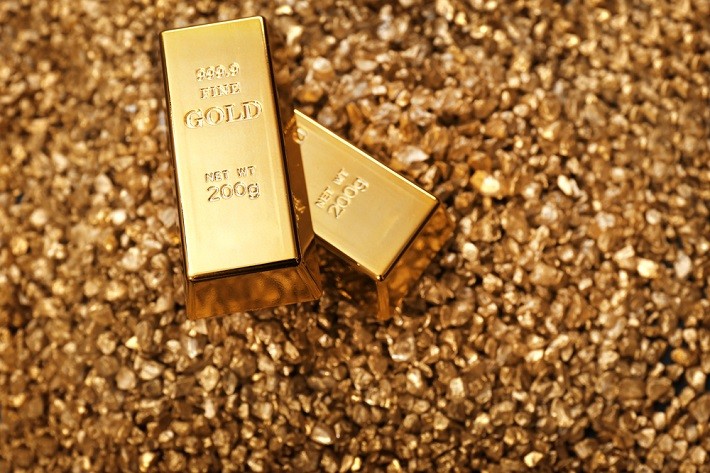
In fact, it has been a global currency for the last two millennia, up until 1970 when the US dollar abandoned the gold standard. Compared to the US dollar, it was a bit heavier to lug around and not as convenient to trade on a day-to-day. Despite no longer being accepted 'money,' many people still buy and hold onto gold to manage their risk against the dollar. Gold's value is reinforced by its limited supply. The more gold that is found, the more difficult and expensive it gets to locate more, and so this should work to keep the price of Gold steady... in theory. No one really knows how much Gold is in circulation or how much there is left to mine.. Today, most of the gold is being traded virtually - Trade volumes determine prices. It's hard to put a value on something that we don't quite know the supply of. What happens when there is more virtual gold being traded then there is physical gold in supply and circulation?
Bitcoin
Out of the three, Bitcoin is the youngest form of currency.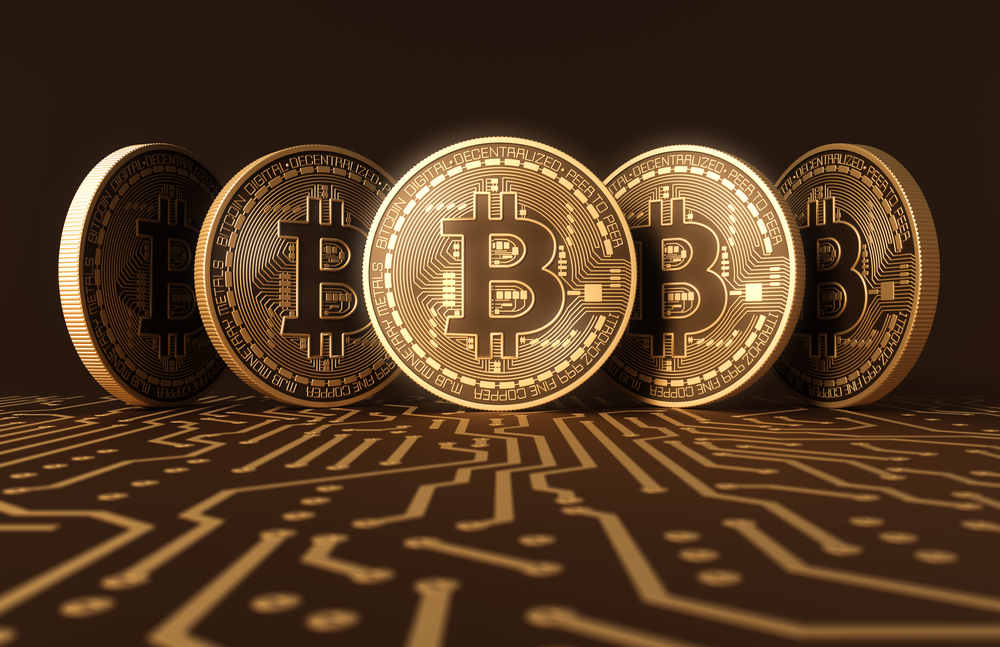 The value of Bitcoin is currently$15,269(as at 5.30pm UTC 11th Jan 2018). Bitcoin is the first decentralised cryptocurrency with a capped supply of 21 million. The code sets that there will only ever be 21 million bitcoin (divisible to 2 decimal places). Being a decentralised cryptocurrency means no single entity has complete control over the flow of bitcoin. This makes it far less prone to market manipulation. The reason for its volatility, however can be attributed to its infancy and lack of sophisticated investors. But that is changing. Bitcoin is gradually creeping into mainstream markets; This month, the Chicago Board Options Exchange (CBOE) and the Chicago Mercantile Exchange (CME) will begin bitcoin futures trading, which will open up its exposure to a larger audience. As more and more retailers are now accepting bitcoin, it can be assumed that it will become more popular as a means of transaction and a store of value. Transaction costs are rising as adoption increases, but this will be resolved as solutions are being brought to the table.
The value of Bitcoin is currently$15,269(as at 5.30pm UTC 11th Jan 2018). Bitcoin is the first decentralised cryptocurrency with a capped supply of 21 million. The code sets that there will only ever be 21 million bitcoin (divisible to 2 decimal places). Being a decentralised cryptocurrency means no single entity has complete control over the flow of bitcoin. This makes it far less prone to market manipulation. The reason for its volatility, however can be attributed to its infancy and lack of sophisticated investors. But that is changing. Bitcoin is gradually creeping into mainstream markets; This month, the Chicago Board Options Exchange (CBOE) and the Chicago Mercantile Exchange (CME) will begin bitcoin futures trading, which will open up its exposure to a larger audience. As more and more retailers are now accepting bitcoin, it can be assumed that it will become more popular as a means of transaction and a store of value. Transaction costs are rising as adoption increases, but this will be resolved as solutions are being brought to the table.
